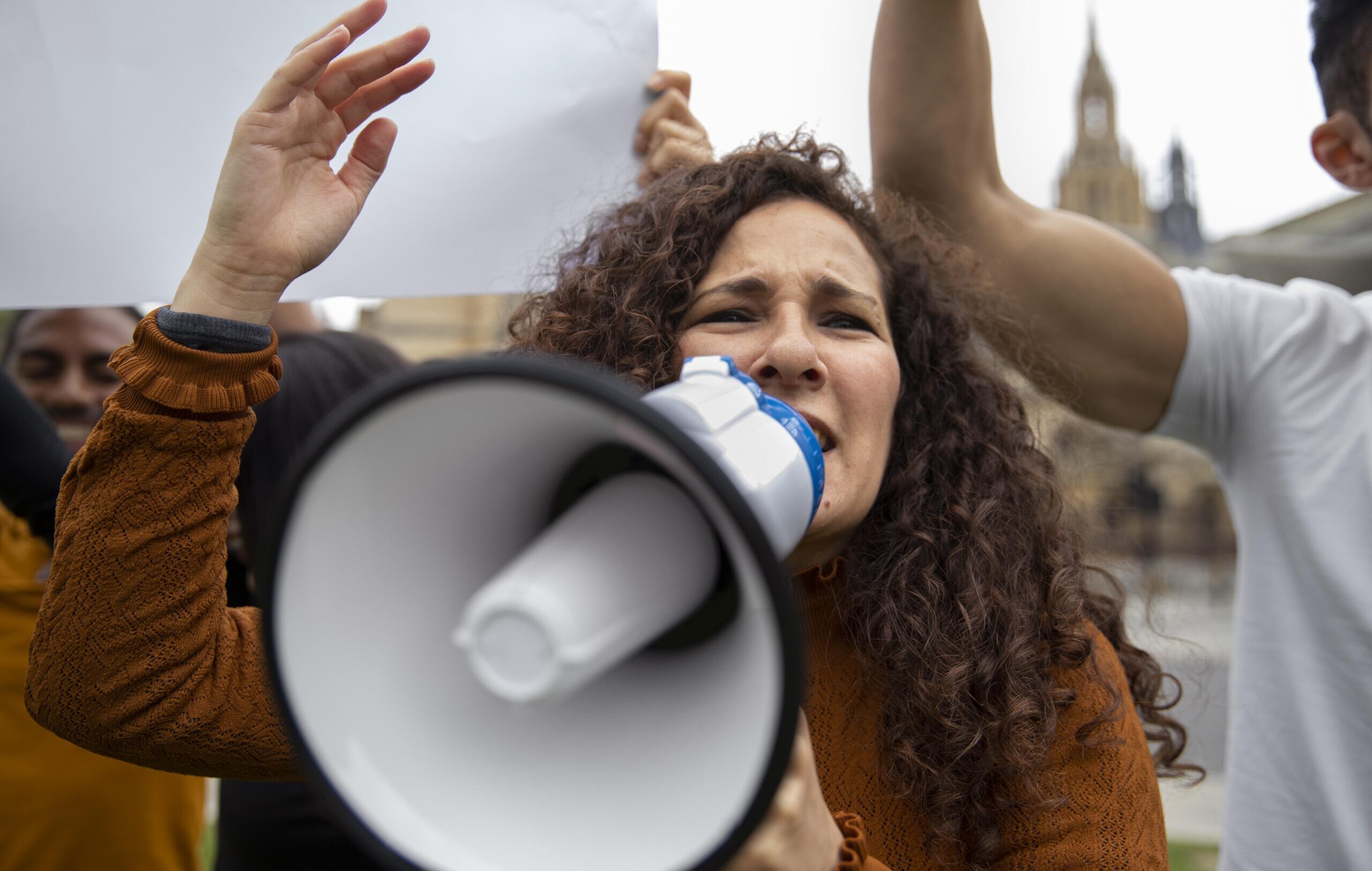Universities are not just places to learn; they are also important places for getting students, teachers, and people in the community involved in politics. People take part in civic involvement by doing a variety of things that improve the well-being of their communities and society as a whole. Universities are very important for turning students into well-informed, active citizens who want to make the world a better place through things like volunteer work and political activity.
Education for Citizenship
One of the main ways that universities encourage people to get involved in their communities is by teaching. Universities should do more than teach students about specific subjects. They should also teach them about political duty, social justice, and getting involved in the community. Political science, sociology, and ethics classes give students the theoretical background they need to understand how complicated public life can be and how important it is to take part in democratic processes.
Universities can also provide hands-on learning chances like service-learning classes, jobs with nonprofits, and research projects that are based in the community. Students can use what they have learned in school to solve problems in the real world. At the same time, they learn empathy, critical thought, and a sense of civic duty.
Campus Initiatives and Organizations
A lot of universities have set up programs and groups to encourage students to get involved in their communities. Clubs and groups run by students that work on social justice, environmental sustainability, and community service give students a way to work together, plan events, and speak out for issues they care about. These groups not only make people more aware of important problems, but they also give students the tools they need to make real changes in their neighborhoods.
Also, colleges often put on events like community service fairs, workshops, and panel discussions to get people talking and involved in their communities. Students, teachers, and members of the community can interact with each other, share ideas, and work together on projects that aim to solve problems in their communities and around the world at these events.
Research and Innovation
Universities are also the leaders in study and new ideas when it comes to getting people involved in their communities. Researchers from many different fields study things like community growth, social inequality, and democratic government. Their findings help shape public policy and practice.
Universities can also be places where social businesses and new ideas can grow. Universities help students and professors come up with new ways to solve social and environmental problems through programs like entrepreneurship competitions and social impact accelerators. These programs not only encourage people to think of new ideas, but they also give people the tools they need to make a difference in their neighborhoods.
Community Partnerships
Universities and local towns need to work together to get more people involved in politics outside of campus. Through study, service, and advocacy, universities can work with community groups, government agencies, and nonprofits to solve important social problems.
Community-engaged research projects let university students and teachers work directly with people in the community to find out what they need, come up with ways to meet those needs, and then evaluate how well the interventions worked. These partnerships use the resources and knowledge of both the community and academia to help people work together in a useful way and come up with solutions that are relevant to the situation and will last.
Global Citizenship
Universities can help build global citizenship and understanding between cultures in a world that is becoming more and more linked. Students can learn about different points of view and experiences through study abroad programs, international exchange opportunities, and multicultural events. These things push students to think deeply about global problems and their responsibilities as global citizens.
Universities can also teach global citizenship as part of their courses, stressing how important it is to understand other cultures, communicate across cultures, and be ethically responsible in a global setting. Universities help build a more fair and open society by teaching students how to deal with the challenges of living in a globalized world.
In conclusion, universities have many roles to play in getting students, staff, and people in the community more involved in politics. Universities give people the tools they need to help make the world a better place through education, campus projects, research and innovation, community partnerships, and a commitment to global citizenship. Universities can build a culture of civic duty and social change that goes far beyond the campus by using the combined energy and knowledge of students and people in the community.
